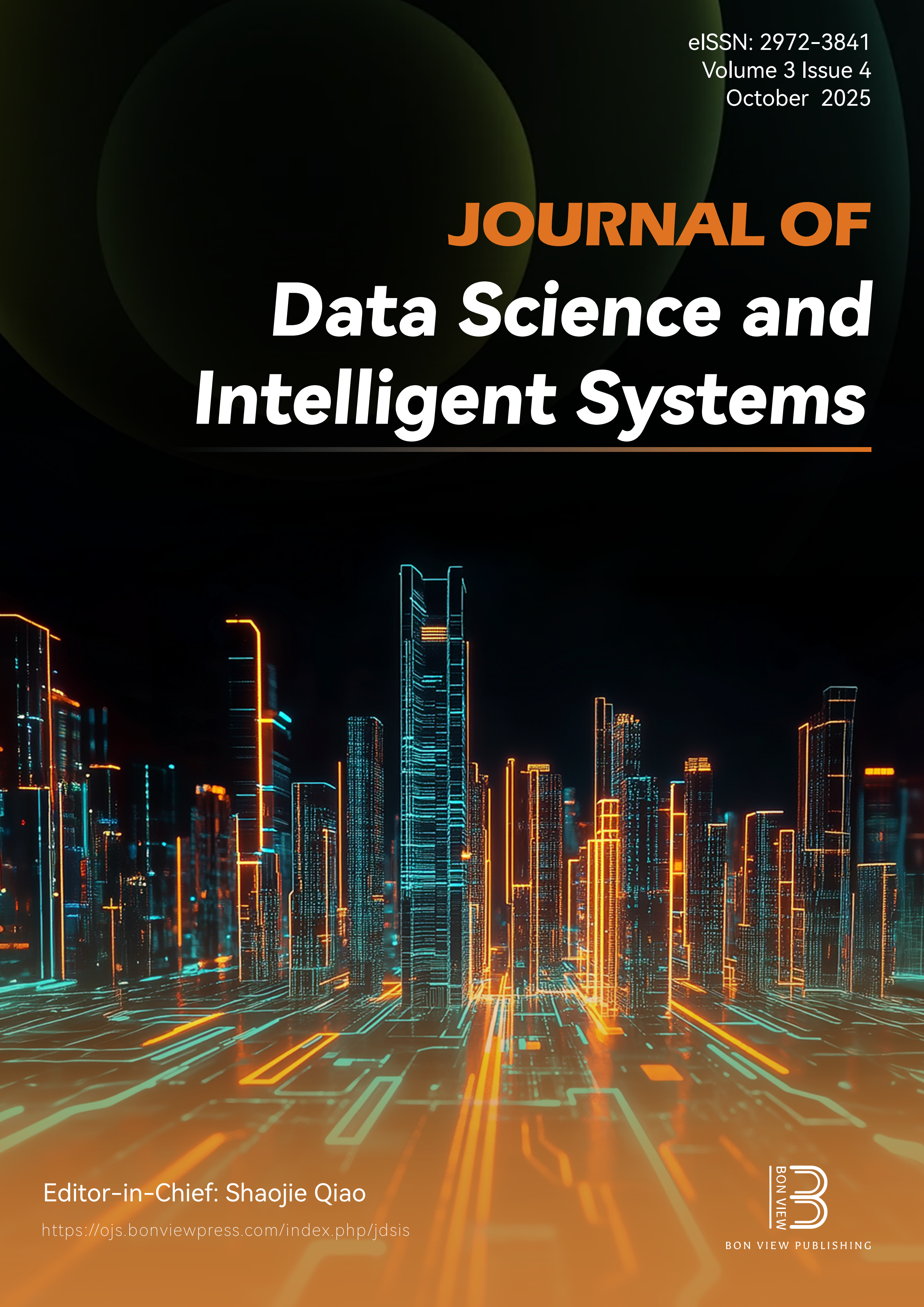The Case for Human-Like Scalable Intelligence in the Medical Field
DOI:
https://doi.org/10.47852/bonviewJDSIS52023415Keywords:
AI, ethics, cognitive bias, decision-making, noise, knowledge graphsAbstract
This paper discusses the use case of applying the first working cognitive architectures, built on the independent core observer model (ICOM), to the medical field, among others. The advantages of this approach are compared to the status quo and the limitations of narrow AI systems like LLMs and RL. Noteworthy advantages covered include depth, breadth, updatedness, and fidelity of medical knowledge, the "noise" or inconsistency of diagnoses and treatment, as well as preventative care, cost, time, and ethical considerations. Potent advantages for better integrating, coordinating, and otherwise accelerating medical research, particularly in less developed, underserved, and understudied regions, as aligned with the Sustainable Development Goals (SDGs), are also highlighted. Unique opportunities waiting to be explored, including interdisciplinary advantages, as well as challenges related to the disruption of current systems and processes are covered. These conservatively offer cumulative improvements across multiple dimensions measured in orders of magnitude. The novel value of human-like systems is specifically discussed for hyper-complex knowledge domains and problems, where the effect of integrating them is greatest.
Received: 13 May 2024 | Revised: 14 October 2024 | Accepted: 2 January 2025
Conflicts of Interest
The author declares that he has no conflicts of interest to this work.
Data Availability Statement
The data that support the findings of this paper are entirely based upon the cited works, with simple calculations applied to illustrate the data visually, in combination, and in context. The supporting calculations, tables, and charts are openly available in Excel at https://github.com/KyrtinSilver/Norn-site/blob/main/assets/data/Medical%20Use%20Case%20Figures%20v1.1.xlsx.
Author Contribution Statement
Kyrtin Atreides: Conceptualization, Methodology, Investigation, Writing — original draft, Writing — review & editing, Visualization.
Downloads
Published
Issue
Section
License
Copyright (c) 2025 Author

This work is licensed under a Creative Commons Attribution 4.0 International License.


